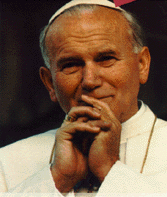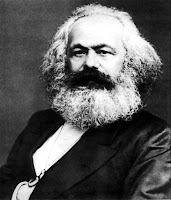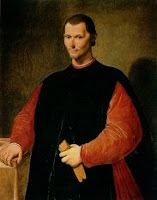Theology of the Body, Part 1

Matthew Coffin In his Theology of the Body, Saint John Paul II seeks to establish an adequate anthropology in which the human person, in both his spiritual and physical dimensions, reveals truths about God. George Weigel has called it, "one of the boldest reconfigurations of Catholic theology in centuries." Part 1 examines the philosophical developments that preceded it. Major schools of thought have been greatly oversimplified in order to show how John Paul II’s contribution is necessary, transformative, and faithful. Augustinianism Prior to the thirteenth century, the dominant school of thought in Catholic theology was that of St. Augustine. Early in the fifth century, Augustine refuted the heresy of Pelagianism. Pelagius taught that Adam’s original sin did not taint human nature. For that reason, Christ’s sacrifice on the cross was neither necessary nor redemptive. A neo-Platonist, Augustine uses the philosophy of Plato, together with the deposit of faith, to op




